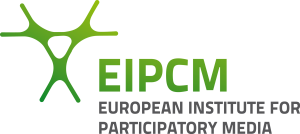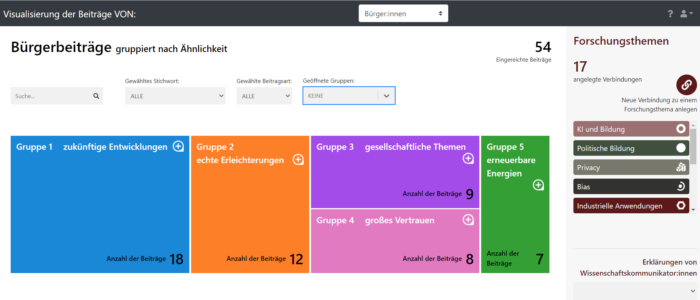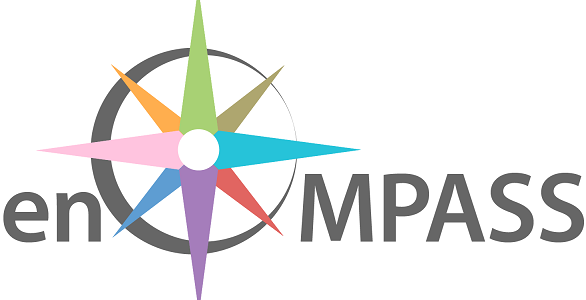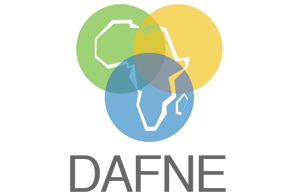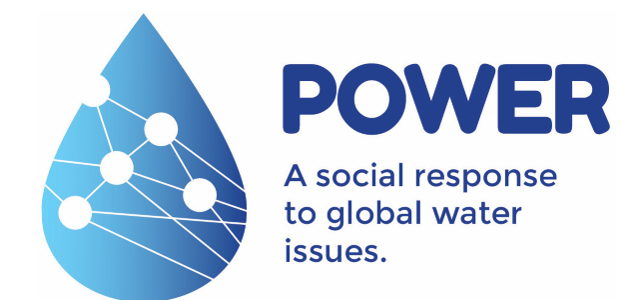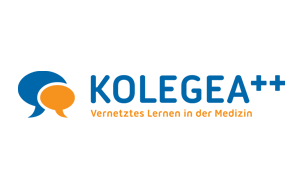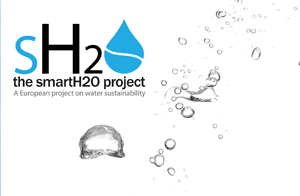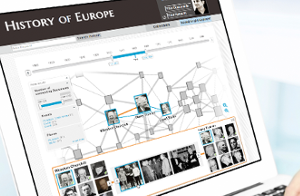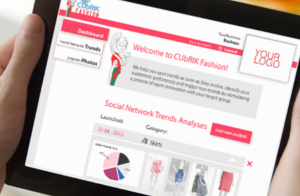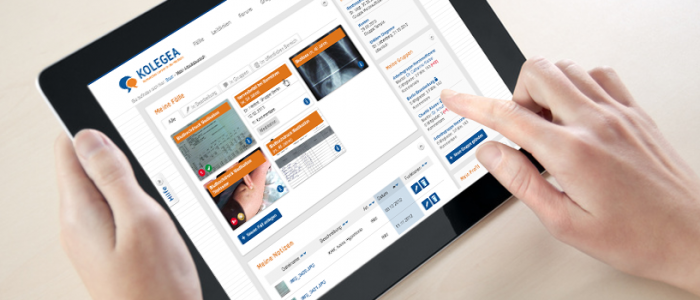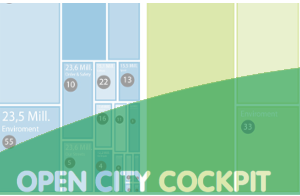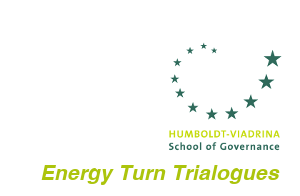Das Ziel des Projekts ist ein innovatives Partizipationsformat prototypisch zu entwickeln, das analoge und digitale Formate kombiniert, um BürgerInnen zu befähigen, qualitativ hochwertige Fragen an die Wissenschaft zu erarbeiten, sowie um eine Verwertung der Bürgerbeiträge und die Rückkopplung der Verwertungsergebnisse zu ermöglichen. Dazu soll erstens ein methodisches Vorgehen entwickelt werden, dass die BürgerInnen befähigt, aus ihren Lebensrealitäten heraus Fragestellungen für… read more →
The enCOMPASS project will implement and validate an integrated socio-technical approach to behavioural change for energy saving, by developing innovative user-friendly digital tools for making energy data consumption available and understandable for the different users and stakeholders (residents, employees, pupils, building managers, utilities, ICT providers) empowering them to collaborate to achieve energy savings and manage their energy needs in energy efficient, cost-effective and comfort-preserving ways. It will demonstrate how this can be achieved by a… read more →
The DAFNE project advocates an integrated and adaptive water resources planning and management approach that explicitly addresses the water-energy-food (WEF) nexus from a novel participatory and multidisciplinary perspective. This includes social, economic, and ecologic dimensions, involves both public and private actors and is socially inclusive, enhances resource efficiency and prevents the loss of ecosystem services in regions where large infrastructures… read more →
POWER is a user-driven project to share knowledge and experience of water related issues in different local authorities, thus creating an important tool for EU water policy. It addresses some of the priorities of the European Innovation Partnership on Water such as the reduction of water consumption and the improvement of water quality. It will develop a common Digital Social Platform… read more →
The KOLEGEA++ project is the follow-up project of KOLEGEA. It extends the Web2.0-based system KOLEGEA, which aims to facilitate knowledge exchange in networks of general practitioners in training, with state-of-the-art incentive models using gamification and reputation elements, and recommender functionalities to further stimulate activity on the platform. Both programs are directed at physicians in specialty training for general practitioners. EIPCM has… read more →
The SmartH2O project aims at providing water utilities, municipalities and citizens with an ICT enabled platform to design, develop and implement better water demand management policies, which are based on a shared understanding and motivation by the water users, thus leading to a reduction in water consumption, while not compromising the quality of life. SmartH2O builds a bi-directional stream between… read more →
The CUbRIK histoGraph application is a multimedia visual knowledge discovery tool for historical research, aiming to support humanities scholars in their daily research tasks. Integrating machine, human and crowd-sourced tasks, the application enhances access to exisiting multimedia collections. It supports e.g. automatic face detection and recognition of politicians and other important persons in historic photographs. Scholars are also provided with annotation… read more →
CUbRIK is a 36 month Collaborative Project involving 15 partners, partially funded by the European Commission. The Social Fashion Trend Intelligence application is one of two application demonstrators of the CUbRIK project. Integrating machine, human and crowd-sourced tasks, the application provides fashion trend analysis tools for small and medium businesses in the fashion industry, enabling them to identify insights into… read more →
The KOLEGEA project develops a Web2.0-based system to facilitate knowledge exchange in networks of physicians integrating state-of-the-art knowledge visualisation with social media and mobile computing (tablets, smartphones, smart pens). KOLEGEA aims to support physicians in specialty training for general practitioners (GPs): Not being organized in coherent vocational training programs, they are often confronted with highly restricted access to occupational knowledge… read more →
The Open City Cockpit seeks to design visual systems for social data analysis in Open Government applications. Based on the integration of theoretical models with findings from formative evaluations and stakeholder workshops with a prototype system, a multi- perspective visualization model and user interface designs were developed addressing specific requirements of social data analysis in heterogeneous stakeholder settings. The design… read more →
The German “Energiewende”, the political decision of the German government to phase out of the use of nuclear energy within the upcoming decade, has confronted economy, society and politics with great challenges. In an on-going series of Trialogues (Three-Actor-Dialogues) organised by the HUMBOLDT-VIADRINA School of Governance, the pertaining problems, interests, conflicts of objectives and possible courses of action connected to… read more →
